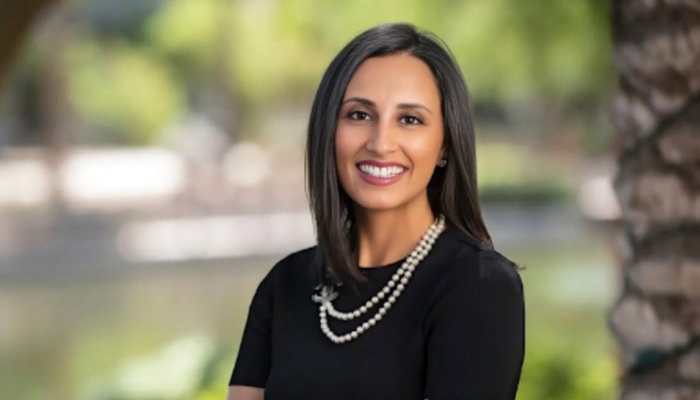Saudi says it's accelerating economic reforms, Aramco IPO on track
The Vision 2030 reform programme, launched by Crown Prince Mohammed bin Salman last year, aims to free the economy from dependence on oil exports. It has begun to bring state finances under control, but has not yet created major new sources of growth beyond oil.
Trending Photos
)
Dubai: Saudi Arabia`s government is accelerating its economic reforms while revising some of them to give ministries more flexibility in meeting their targets, the information ministry said on Saturday.
The Vision 2030 reform programme, launched by Crown Prince Mohammed bin Salman last year, aims to free the economy from dependence on oil exports. It has begun to bring state finances under control, but has not yet created major new sources of growth beyond oil.
"Vision 2030 builds on early successes, and is strengthening its delivery mechanisms as it increases the scope and pace of implementation," the information ministry said in a statement.
The statement confirmed a Reuters report earlier in the week, which quoted sources as saying Riyadh was streamlining part of Vision 2030 without diluting key policies such as a big privatisation scheme and a drive to cut its budget deficit.
The government is moving ahead with plans to sell about 5 percent of national oil giant Saudi Aramco, the ministry said. Officials have said they aim to complete the sale by the end of 2018, raising about $100 billion.
"The government privatisation program continues to gain traction and the plan for an initial public offering of a stake in Saudi Aramco remains on track," the statement said.
"The IPO process is well underway and Saudi Aramco remains focused on ensuring that all IPO-related requirements are completed on time and to the very highest standards."
At the same time, ministries involved in the National Transformation Programme - a part of Vision 2030 that focuses on making the government and society more modern and efficient - will have more freedom to allocate resources and decide how they meet their goals.
"For example, the Ministry of Health will lead the health portfolio, and it will have the decision-making power to adjust existing initiatives, add new ones and collaborate with other stakeholders" under the oversight of top economic officials, the statement added.
Stay informed on all the latest news, real-time breaking news updates, and follow all the important headlines in india news and world News on Zee News.
Live Tv







)
)
)
)
)
)
)
)
)
)
